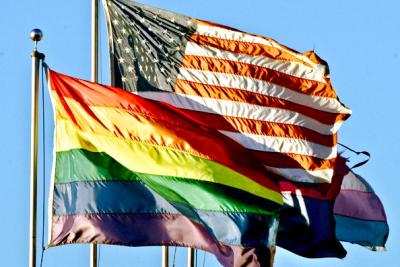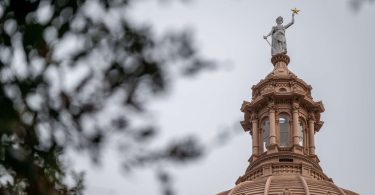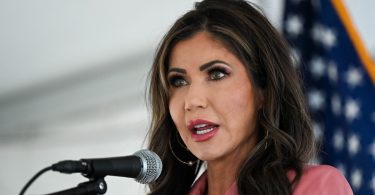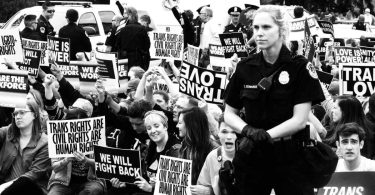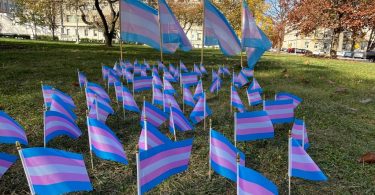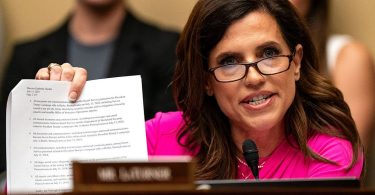While the number of LGBTI people running for office is growing, the community is still underrepresented
The number of LGBTI people who are standing in elections for public office in the US has reached a record high.
So far 2018 has seen over 400 LGBTI political candidates standing for office in America, according to a study by The Victory Institute.
Thought the LGBTI remains highly underrepresented in US, the numbers show a positive development, the Victory Institute’s political director Sean Meloy said.
‘It’s a really exciting time,’ Meloy told Reuters. ‘We believe that representation is power and when someone is in the room and helping to make decisions, they will automatically bring an LGBTQ perspective.’
However, the Victory Institute noted earlier this year that only 559, or 0.1 percent, of all elected public officials currently serving were openly LGBTI.
More LGBTI people, women and people of color
The majority of LGBTI candidates are standing in elections for the Democratic Party, a high number of whom are standing in the November midterm elections.
The midterm elections are critical for the Democrats to reestablish their position in American politics, as the Republicans currently hold the three main houses of government (the presidency, the senate and congress).
The increasing number of LGBTI candidates also corresponds with higher number of women and people of color running for office.
Several high-profile cases of LGBTI politicians have been making headlines.
In June politician and businessman Jared Polis won a Democratic primary contest which could pave the way for him to become the first openly gay governor in US history.
A successful businessman with a reported net-worth of around $388m, Polis is running to be the next governor of Colorado. If he is successful, the 43 year-old will take up residence in the Colorado state governor’s mansion with his husband and their two children.
In November 2017, Danica Roem made history by becoming the first transwoman elected to state office in the US.
Democrat Roem was elected to the Virginia House of Delegates District 13 seat, by beating Republican candidate Bob Marshall. During his time in office Marshal had put forward a number of anti-LGBTI bills, and had described himself as Virginia’s ‘chief homophobe’.

